Teaching
OCS 4006 Wetland Field Experience: Everglades, Mangroves, and Seagrasses
A 13 day field trip through the Everglades, mangroves, and seagrass beds of south Florida. The course will include lectures from local professors, research scientists, and land managers focusing on topics including plant ecology, hydrology, biogeochemistry, and management of south Florida wetland ecosystems. Field experiences will include identification of plant and animal species, kayaking through the sawgrass marshes and mangroves, and participation in wetland research and restoration activities.

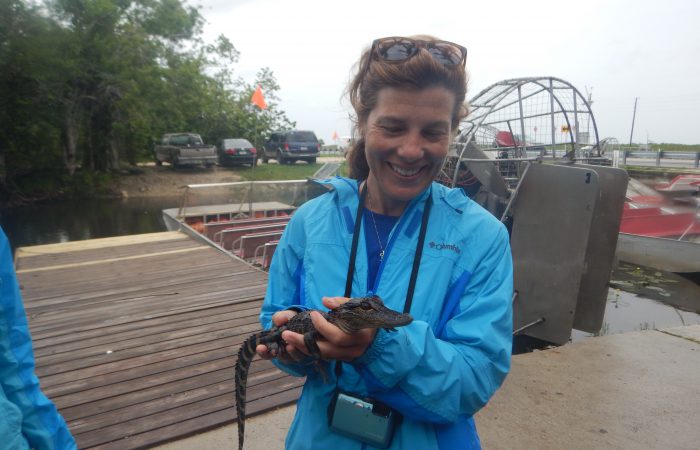
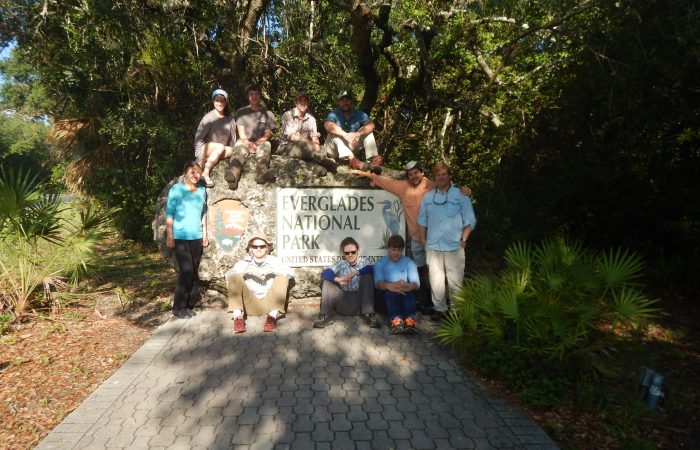
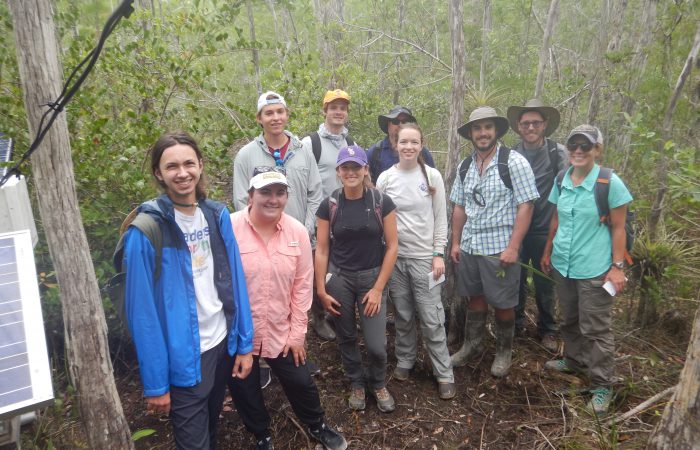

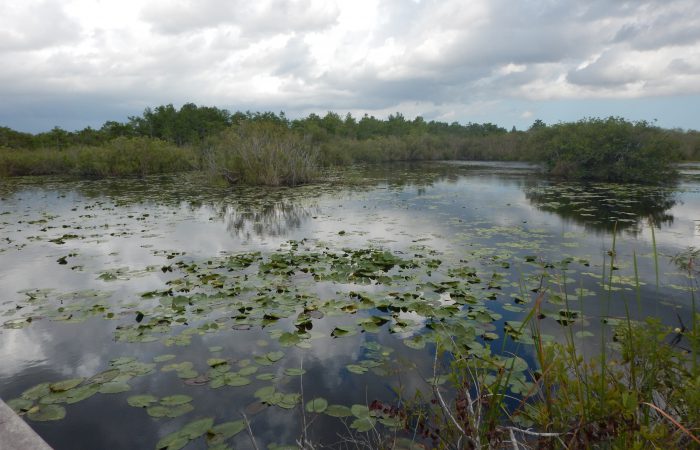
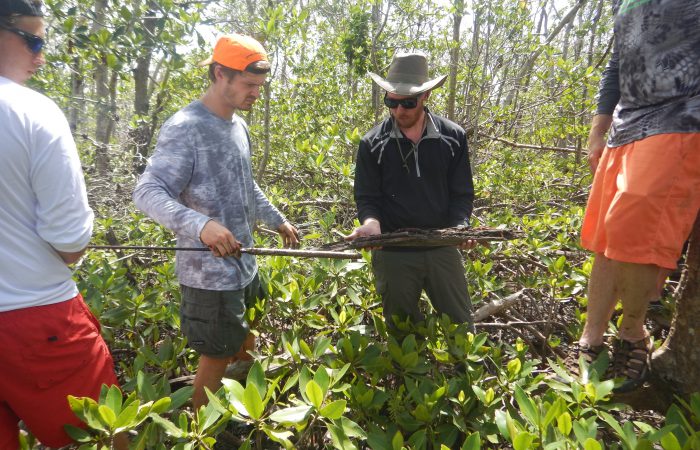
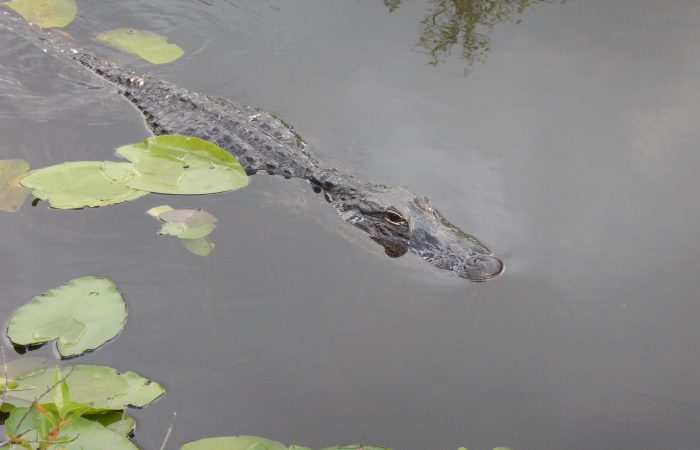
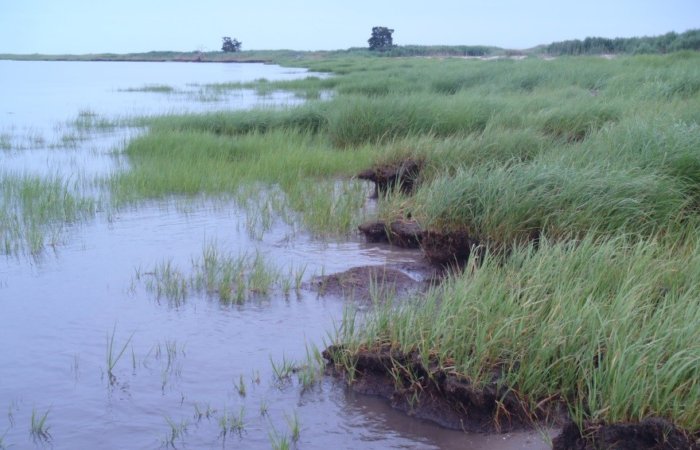
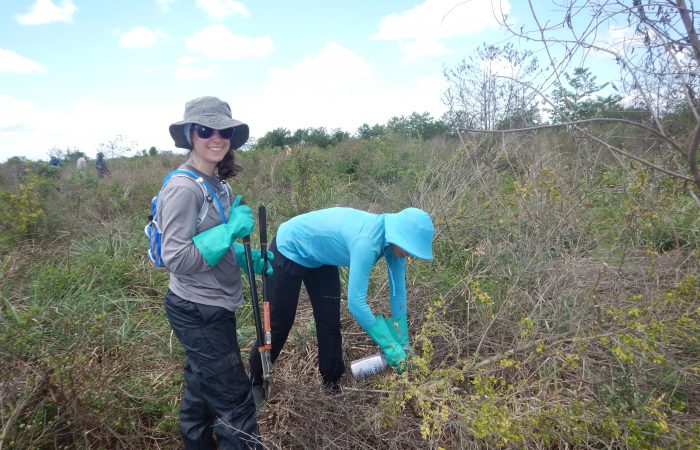
OCS 4308 Plants in Coastal Environments
Plants in Coastal Environments is designed to introduce fundamentals of coastal plant ecology and processes influencing their distribution and function which are applicable in other fields of biology and ecology.
Topics covered include: general ecology of coastal plant communities; influence of environmental factors controlling plant distribution and productivity; physiological, morphological, and anatomical mechanisms aiding plant survival; human impact on coastal plant communities.
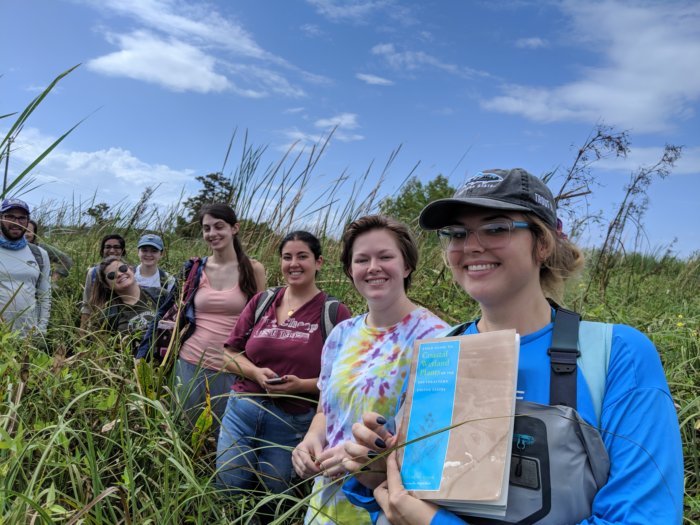
OCS 4308 Field trip to a Cladium jamaicense-dominated marsh north of Lake Pontchartrain.
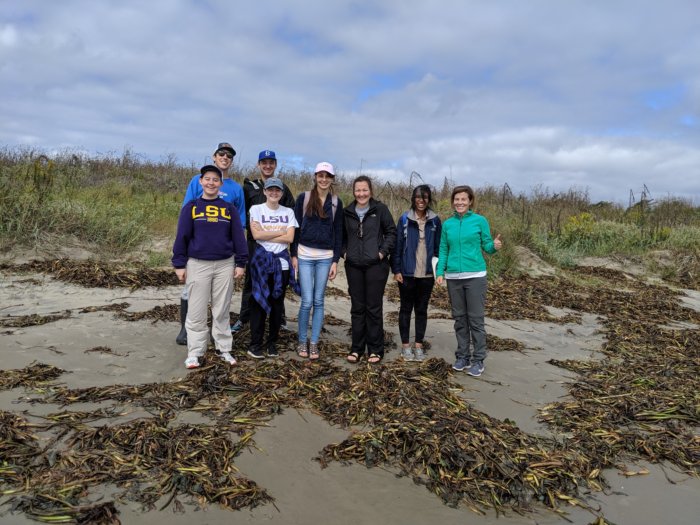
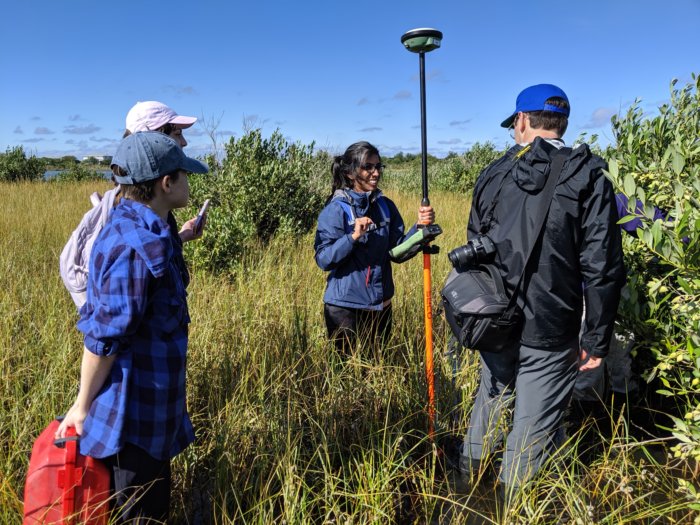
OCS 4308 field trip to Grand Isle.
OCS 7124 Applied Coastal Plant Ecology
Applied Coastal Plant Ecology is a course for graduate students, which covers fundamental ecological and physiological concepts necessary to critically examine influential and current relevant literature. This course will examine current “HOT TOPICS” such as whether coastal wetlands will survive projected sea-level rise; does restoration of coastal wetlands work?; the effects of climate change such as CO2 and temperature increases on wetland plant communities; the effect of nutrient-enrichment on wetlands. We will have guest lectures from professionals in a variety of career paths who all use coastal plant ecology in their work. The class will have the opportunity to participate in weekend field labs. The field trips will allow students to become familiar with types and characteristics of coastal plants and to collect samples, and record data.
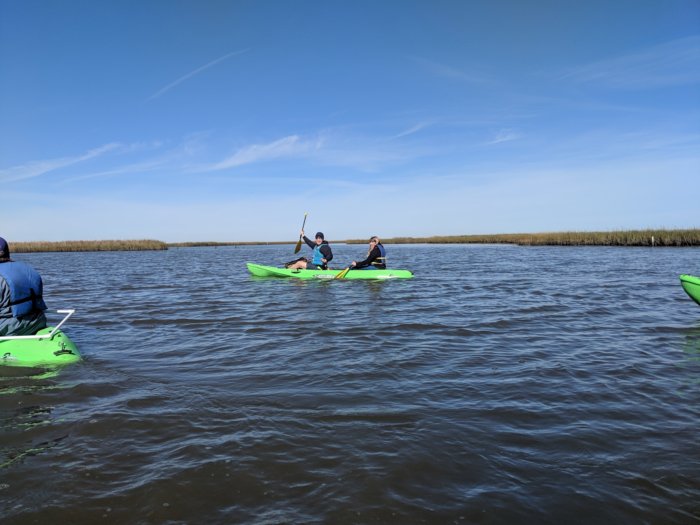
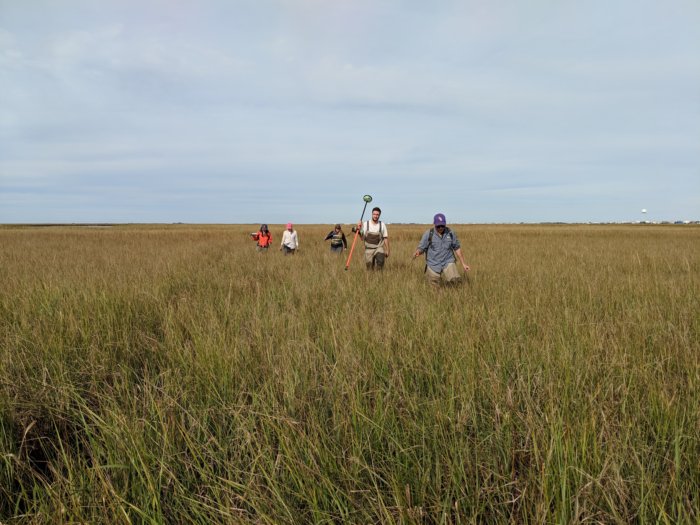
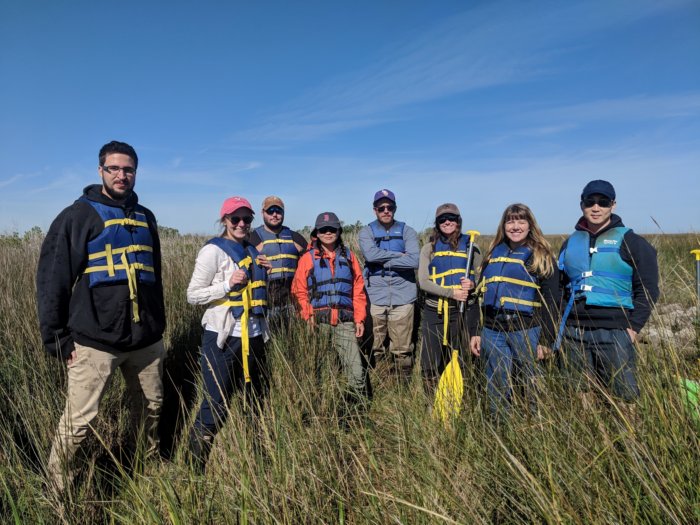
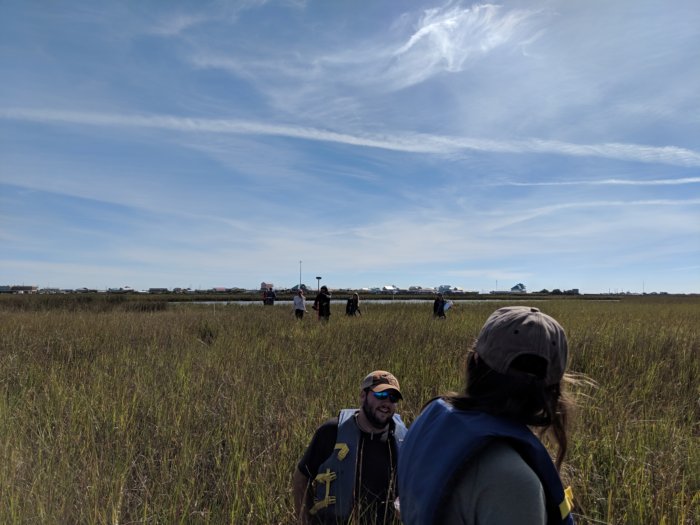
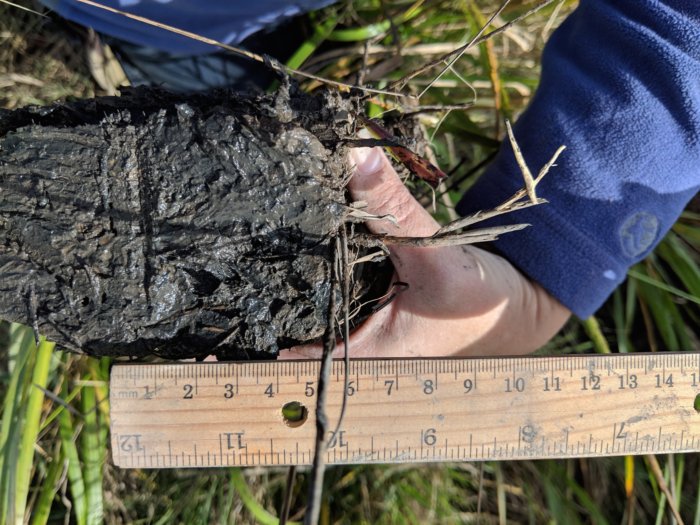
Photos above and to the left are from a salt marsh field trip with OCS 7124.